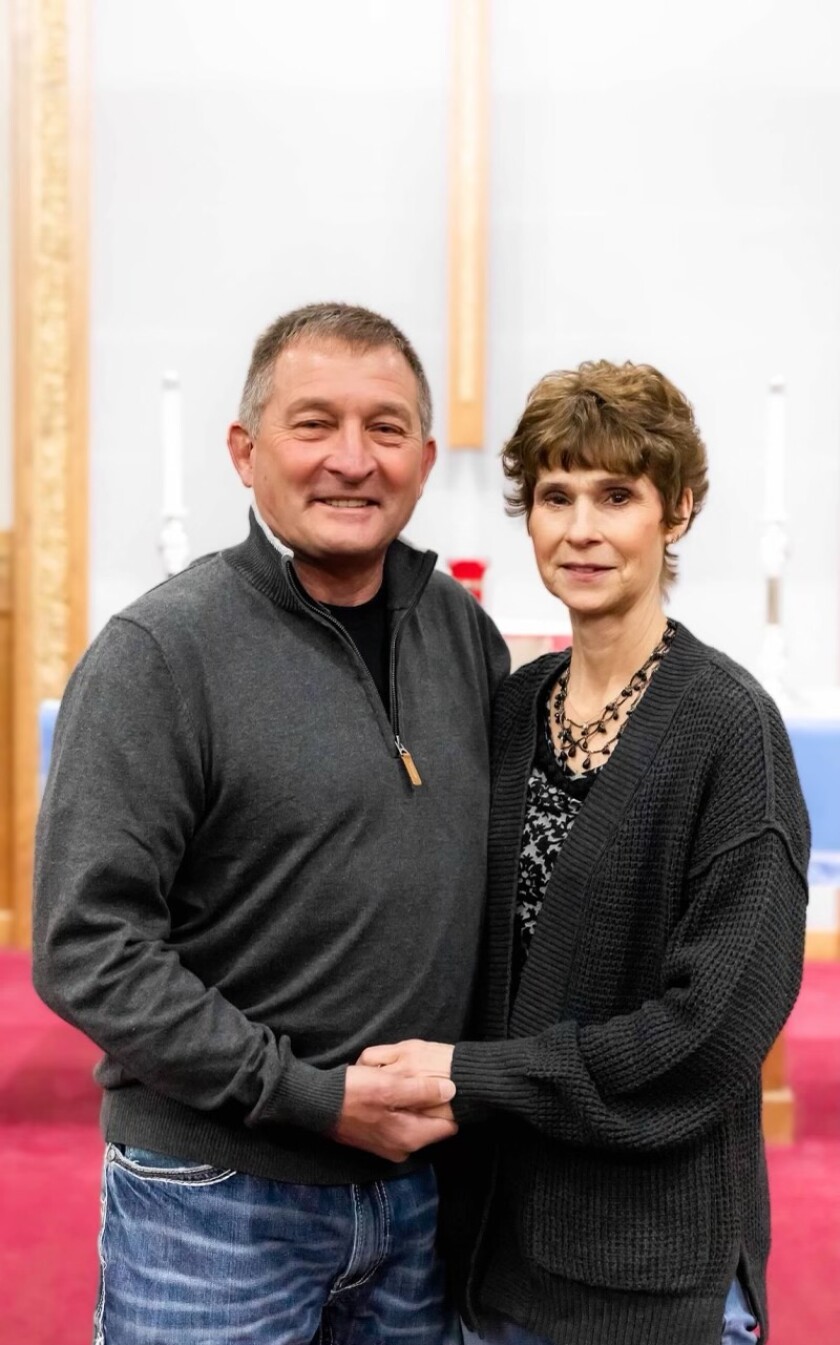RENVILLE COUNTY — For Philip and Robin Smith, farming is more than just a job. It is a part of their family and their home.
The Smiths, who have operated their family farm together since 1980, were selected as the University of Minnesota Extension’s Renville County Farm Family of the Year.
ADVERTISEMENT
The Smiths married shortly after high school in 1980. Together, they moved onto Philip Smith’s family farm, where they operated the 800-acre property to grow a variety of crops.
“Farming in the '80s was extremely difficult for a lot of us. You had to learn how to be innovative and cut costs. That was quite a learning experience for us,” Philip Smith said.
The farm has been in the Smith family for more than 150 years. Philip’s great-great-grandparents homesteaded the land along the Minnesota River in 1868. The original farmstead sits just a couple miles from where the Smiths live today.
In order to ensure that the land can be used long into the future, the Smiths have implemented regenerative agriculture practices. Regenerative agriculture is a system by which farmers can sustain the land that they farm on, restoring soil health and protecting the environment around it.
“We were introduced to regenerative agriculture about 15 years ago. We watched other farmers and what they were able to do, and decided to make the leap,” Philip Smith said.

The Smith farm is all no-till, and implements an array of year-round cover crops to keep the soil in the best condition it can be. The Smiths have also reduced their use of synthetic inputs like pesticides and herbicides.
The Smiths mainly farm corn, soybeans and winter rye. This year marked their 44th crop.
ADVERTISEMENT
In 1997, they started a seed business out of Sacred Heart , though the couple has retired from that work. Robin Smith also runs a cleaning business, which she has had for 30 years.
The couple used to raise livestock and alfalfa, but recently they have been focused on their crops and keeping the farm healthy so future generations can inherit and work the land.
“It is important we take care of it. It is a legacy that our ancestors made. We have to take care of it so our children can take care of it,” Philip Smith said.
Because the land is so close to the Minnesota River, the decisions the Smiths make for their farm can impact farmland much further away.
Philip Smith is the vice president of the Renville County Soil and Water Conservation Board, an organization dedicated to promoting the sustainable use of natural resources within Renville County.
It is because of their dedication to sustainability — and the preservation of the farmland that their family has fostered for generations — that the Smiths were selected for the honor.
“We just got a call out of the blue. It is truly an honor. When we first got the phone call we were a little taken aback. We were surprised at the nomination,” Philip Smith said.
















